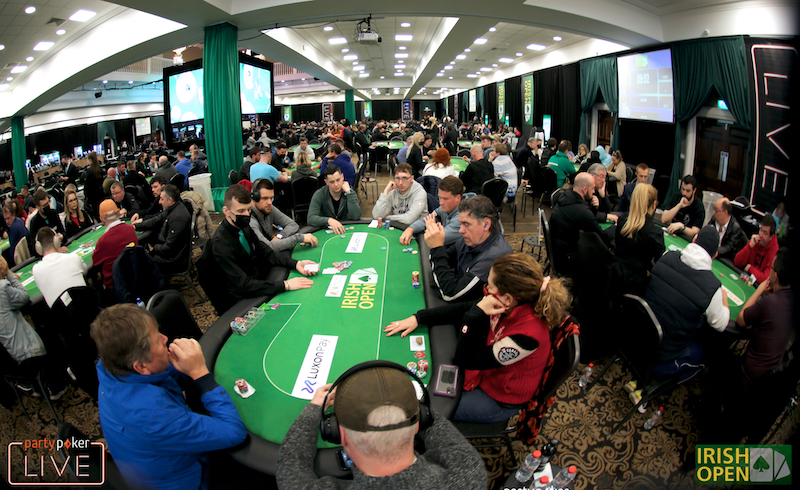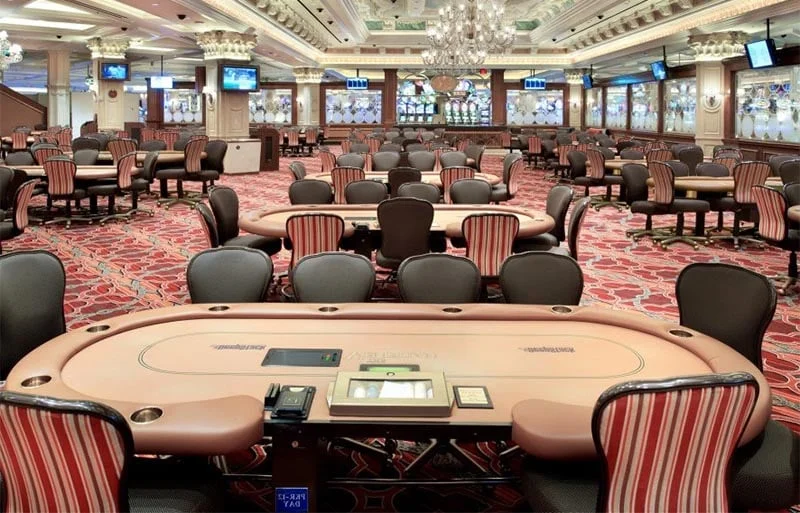
The US online poker scene could welcome another major player in the coming months thanks to a new igaming bill by Pennsylvania’s Rep. John Payne.
When the news broke earlier this week that HB649 had been submitted to the House Gaming Oversight Committee, the industry was keen to learn more about what would be allowed and what wouldn’t.
With Pennsylvania currently facing a $2 billion budget shortfall, State officials are keen to draw as much value out of the igaming industry as possible if HB649 is given the green light.
This need has given rise to a number of interesting clauses, namely intrastate playerpool sharing and “bad actors” (operators that have previously operated in the US post-UIGEA).
Bill Focused on Online Poker
When the bill was published online last night, the first point to be clarified was its intent. Although some had originally assumed all forms of gambling were permitted, it now seems the main focus is poker thanks to the definition of authorized games as: “any interactive poker game approved by the board under this chapter.” Although this doesn’t specifically rule out traditional table games, it does suggest that Payne’s main intent is to have online poker legalized.
Picking up on this aspect of the bill, HB649 also makes provisions for “interactive gaming agreements.” This clause would make intrastate playerpool sharing possible and, potentially, increase liquidity for players, moreover, the amount of potential tax revenue the state could draw from regulated games.
The other significant piece of information to emerge from the published bill is that Payne has not made any explicit references to bad actors. This news is significant for operators such as PokerStars which has previously run into issues when applying for state igaming licenses given its presence in the US post-UIGEA.
An Open Market
Given that one of Pennsylvania’s primary motivators for igaming regulation seems to be its huge budget deficit, it would make sense for the state to allow one of the world’s largest online poker operators to join a newly regulated market. As it stands, PokerStars has not yet announced an official partnership with a land-based casino as it has done in other states (in New Jersey PokerStars has partnered with Resorts).
However, a partnership between PokerStars and Caesars could be a natural progression from the deal the two gaming companies struck earlier this month. In an effort to bring online poker regulation to the US, PokerStars and Caesars put aside their long held differences and became active supporters of the cause.
With Caesars now willing to forget its previous opposition to PokerStars joining the US market, there could be scope for the two to officially join forces in Pennsylvania if Payne’s legislation is passed. Caesars currently owns Harrah’s Philadelphia and an alliance with PokerStars would certainly be big business for the company in both the live and the online arenas.
Naturally, HB649 will need to overcome a plethora of hurdles before it’s formally accepted, but the early signs for its chances of success are certainly promising.


